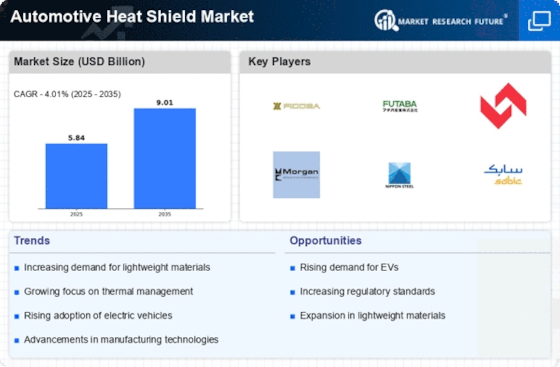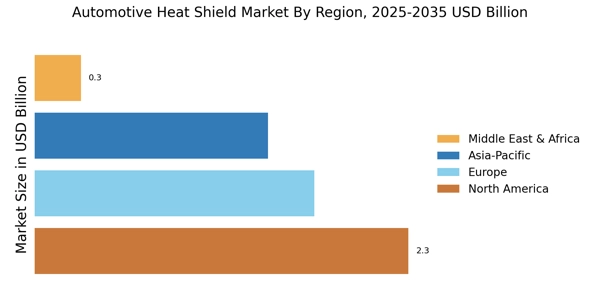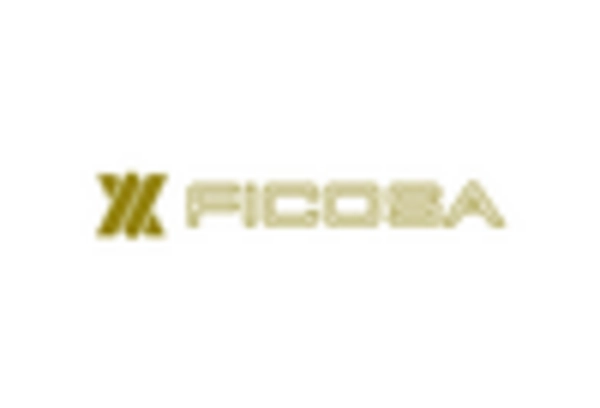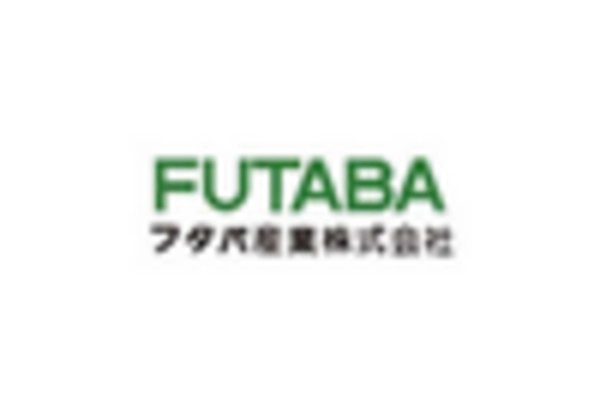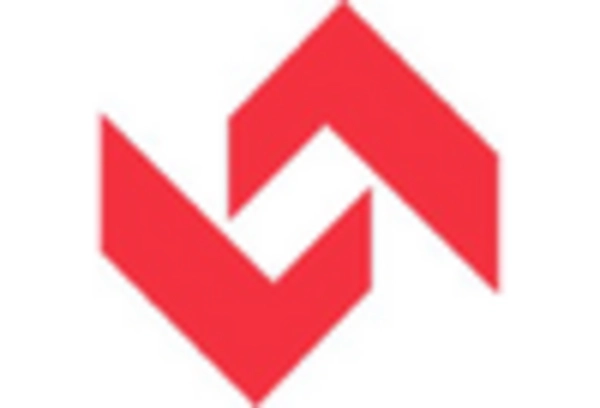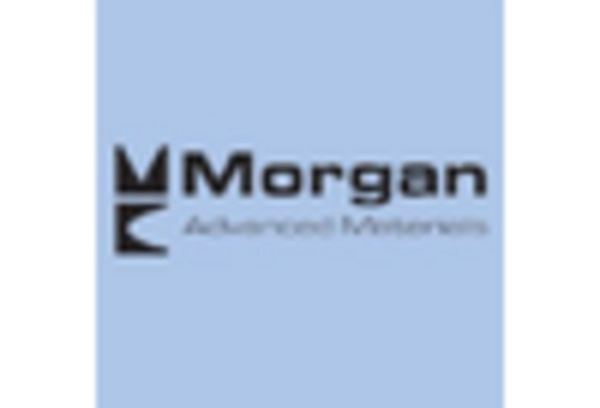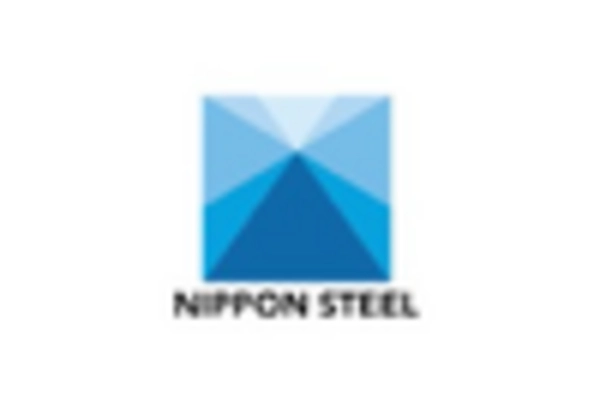Stringent Regulatory Standards
Stringent regulatory standards regarding vehicle emissions and safety are driving the Automotive Heat Shield Market. Governments worldwide are implementing more rigorous regulations to reduce greenhouse gas emissions and enhance vehicle safety. Heat shields are integral to meeting these standards, as they help manage heat in various automotive components, thereby improving overall vehicle performance and compliance with regulations. The market is likely to expand as manufacturers seek to develop heat shield solutions that not only meet but exceed these regulatory requirements, ensuring their vehicles remain competitive in an increasingly regulated environment.
Increased Focus on Vehicle Safety
The Automotive Heat Shield Market is also benefiting from an increased focus on vehicle safety. As consumers prioritize safety features, manufacturers are compelled to enhance the thermal management systems within vehicles. Heat shields play a vital role in protecting critical components from heat damage, which can lead to failures and safety hazards. Recent market analysis indicates that the demand for safety-enhancing technologies is expected to grow, with heat shields being a key component in achieving higher safety ratings. This trend suggests a robust future for the automotive heat shield market as safety becomes a paramount concern for both manufacturers and consumers.
Rising Demand for Fuel Efficiency
The Automotive Heat Shield Market is experiencing a notable surge in demand driven by the increasing emphasis on fuel efficiency. As consumers become more environmentally conscious, automakers are compelled to enhance vehicle performance while minimizing fuel consumption. Heat shields play a crucial role in this context by protecting sensitive components from excessive heat, thereby improving overall efficiency. According to recent data, vehicles equipped with advanced heat shields can achieve up to 10% better fuel economy. This trend is likely to continue as regulatory bodies impose stricter emissions standards, further propelling the need for innovative heat shield solutions in the automotive sector.
Growth of Electric and Hybrid Vehicles
The Automotive Heat Shield Market is witnessing growth fueled by the rising popularity of electric and hybrid vehicles. These vehicles generate unique thermal challenges due to their battery systems and electric drivetrains, necessitating specialized heat management solutions. Heat shields are essential in protecting sensitive components from heat generated during operation, ensuring optimal performance and safety. Market data suggests that the electric vehicle segment is expected to grow at a compound annual growth rate of over 20% in the coming years, which will likely increase the demand for effective heat shielding solutions tailored for these advanced vehicles.
Technological Advancements in Materials
Technological advancements in materials are significantly influencing the Automotive Heat Shield Market. The introduction of lightweight and high-performance materials, such as advanced composites and ceramics, is enhancing the effectiveness of heat shields. These innovations not only improve thermal resistance but also contribute to weight reduction, which is essential for modern vehicles aiming for better fuel efficiency. Recent studies indicate that the use of these advanced materials can reduce the weight of heat shields by up to 30%, thereby positively impacting vehicle dynamics. As manufacturers continue to invest in research and development, the market is poised for further growth driven by these material innovations.


